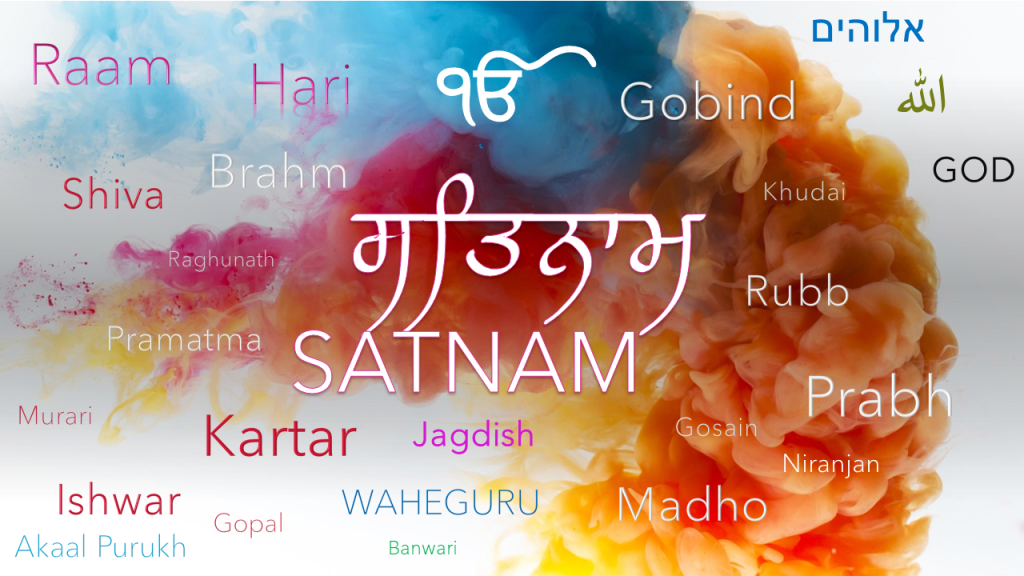Explore Khiala Kalan, a sacred village near Mansa in Punjab, known for its rich history with Guru Tegh Bahadur and its historic Gurudwaras.
Discover the essence of Brahmgiani in Sikhism—realization of the Universal Spirit & true self, embodying compassion & liberation. Explore this spiritual zenith.
DHESI, BHAI, and Bhai Jodh, both Brahmans converted to Sikhism, once came to Guru Arjan and complained, "0 True King ! other Brahmans treat us as out castes, for they tell us that by taking a Khatri as a guru, by discarding Sanskrit, the language of the gods, and singing hymns of gurbani composed in the common dialect, and by the nonobservance of fasts and other rituals and prayers, we are no longer fit to sit and dine with them. They are especially sore because in preference to the traditional places of pilgrimage like the Gariga and Kashi, we come to Amritsar. Pray, tell us how should we answer them." "Caste," said Guru Arjan, "has no meaning.
Discover the poignant story of Guru Gobind Singh's sons in Bhai Dunna Singh's epic poem, once housed in Amritsar's Sikh Reference Library.
Explore the tale of Kesho Das's failed magical endeavor at Anandpur and Guru Gobind Singh's revelation of Durga's true symbolism. Discover true strength.
Discover Mian Khima's journey with Maharaja Duleep Singh, from Lahore to Fatehgarh, amidst the 1849 British exile. Explore this historical bond and transition.
ONKAR, generally written down as Oankar in Sikh Scriptural writings, is derived from the Upanisadic word Oankara (om+kara) originally signifying pronouncing or rendering into writing the syllable Om. Known as synonym of Om it has been used in the Vedic literature and, in particular in its religio philosophical texts known as the Upanisads, as a holy vocable of mystical signification and as the most sacred of the names of Brahman, the Supreme Self or the one entity which fills all space and time and which is the source of the whole universe including the gods themselves. The word om, the most hallowed name of Brahman, is derived, according to the Gopathabrdhmana (I. 24), from dp `to pervade` or from av `to protect`.
Discover the legacy of Paras Ram Bhai, a Brahman physician and Sikh contemporary of Guru Hargobind, in Santokh Singh's celebrated work.
- 1
- 2





